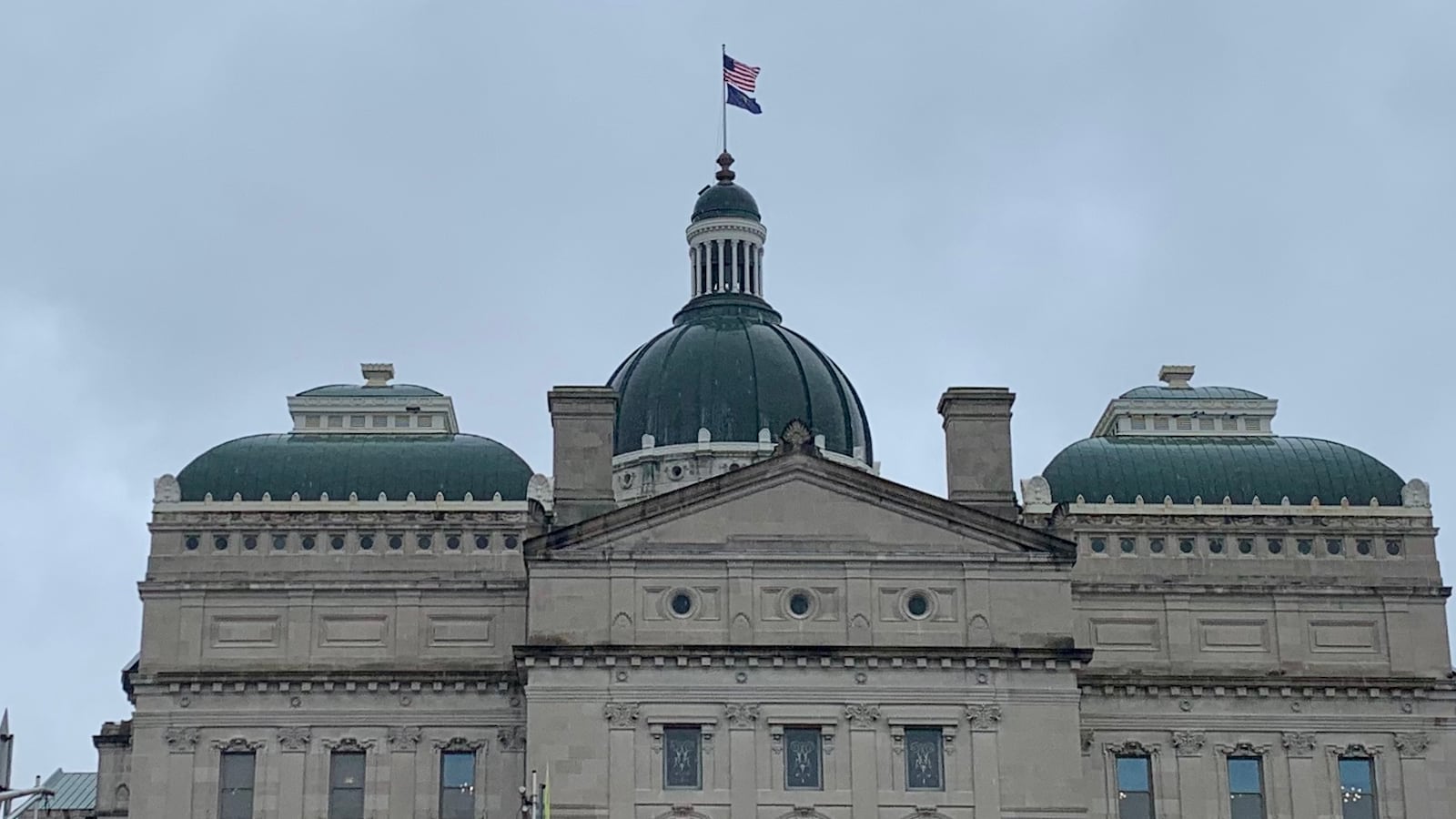An alleged $86 million education scam has exposed a troubling weak spot in Indiana: For years, two virtual charter schools appear to have duped the state’s school funding system.
How did the thousands of “ghost” students go undetected by the Indiana Department of Education — the gatekeeper of student counts and school funding — leading Indiana Virtual School and Indiana Virtual Pathways Academy to draw millions more in state dollars than they should have?
In a memo sent to state lawmakers this week, the IDOE said it “takes all measures available from a data validation standpoint to ensure schools are not being improperly funded.” The department runs some 70 rounds of checks on enrollment counts used for funding, including steps to clean up data and verify that students aren’t being claimed by more than one district.
But the department largely relies on schools signing off on the accuracy of their student counts — and officials say it’s up to charter school authorizers, not the education department, to make sure charter schools are complying with all the rules. (It was the Daleville district that oversaw the two virtual charter schools that eventually noticed the enrollment discrepancies.)
“The more we continue to open up education and almost make it a free-for-all… the more we also have to make sure we have the capacity to shore up any regulation that’s necessary,” IDOE spokesman Adam Baker told Chalkbeat.
The virtual school scandal — a case of charter schools breaking the rules — has led to a spirited blame game. As the department and Democratic minority see it, the funding abuse points to a vulnerability in how Republican leaders set up the education system. As Republican leaders and school choice advocates see it, the alleged scam stems in part from a serious failure of the department.
“It’s just not acceptable,” said Betsy Wiley, president and CEO of the Institute for Quality Education, an organization that supports school choice. “The primary role of the department, if they do nothing else and get nothing else right, is to make sure they’re properly administering tuition support dollars.”
As state lawmakers examine how to prevent problems at virtual schools in the wake of the alleged enrollment fraud and misspending, the debate is falling along ideological lines — and stirring an ongoing education power struggle.
The legislature is set to continue discussing virtual school regulations Thursday. With critical eyes on its role in school funding, the state education department suggests capping virtual charter school enrollment, putting authorizers directly on the hook for virtual charter school operations, and throwing open virtual charter schools’ books to publicly report data such as course completion rates.
“We’re pointing the finger back to say, here’s how we fix this,” Baker said.
Some of the ideas from the IDOE, led by beleaguered Republican Jennifer McCormick, fall in line with Democrats’ slew of suggestions for significantly reining in virtual charter school operations, some of which would reverberate among the charter sector at large.
State Sen. Eddie Melton, D-Gary, described the virtual school scandal as a symptom of Indiana’s education reforms, creating layers of government and making it difficult to pinpoint who exactly is responsible for what.
“A lot of these ‘innovative’ or aggressive policies are starting to catch up, in terms of maybe some inefficiencies or ineffectiveness when it comes to administering, tracking, and providing overall quality of education,” said Melton, who has unsuccessfully advocated for capping virtual enrollment.
He also defended the Department of Education, saying the state has taken power away from the agency through both school choice and the recent battle to give the governor more control over education decisions.
But Republican House education leader Bob Behning maintained that the Department of Education should have been more diligent and should have questioned suspicious patterns, such as the high number of older students enrolled at the troubled virtual schools.
He also criticized the department for doling out funding even though a recent State Board of Accounts report shows that in some years, virtual school officials failed to sign off on enrollment counts.
“By state law, this should never have happened,” Behning said. “It’s like walking into a bank and saying, here’s my check. I have no signature on it. The bank gives you the money.”
Baker pointed out that the missing signatures happened before McCormick took office.
Even though Democrats insist that the state must take action, Republicans have largely dug in, decrying the Indiana Virtual School scandal without proposing changes. Some seem hesitant to pass new laws on virtual schools, saying the right regulations are already in place but were skirted by an apparent bad actor.
Other Indiana virtual charter schools unconnected to the scandal have said the new proposed regulations seem like unnecessary reactions.
Behning also pushed back on focusing only on the charter sector as the root of virtual problems, pointing out that traditional districts also run online programs.
“It kind of shows unfortunate bias,” he said.


